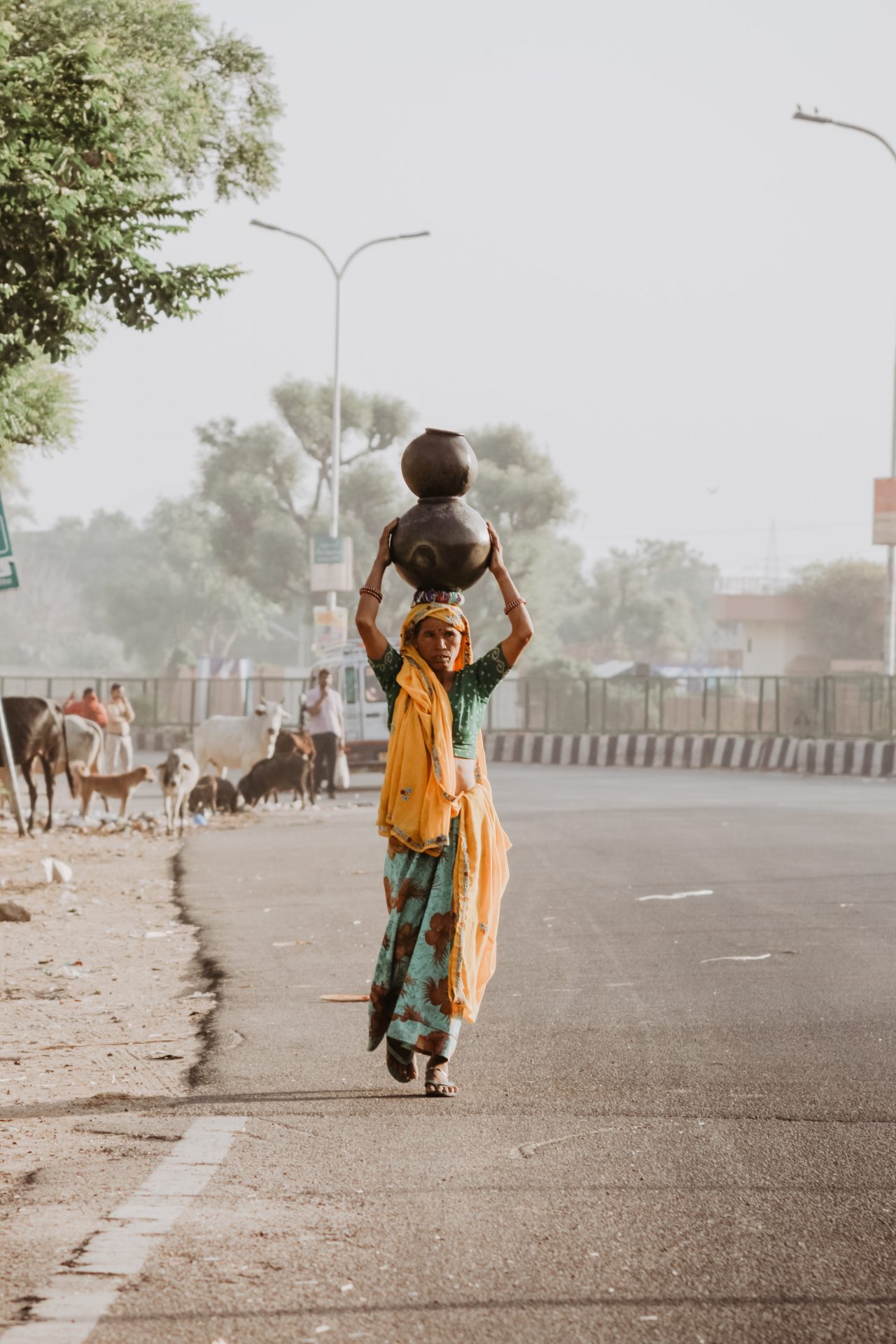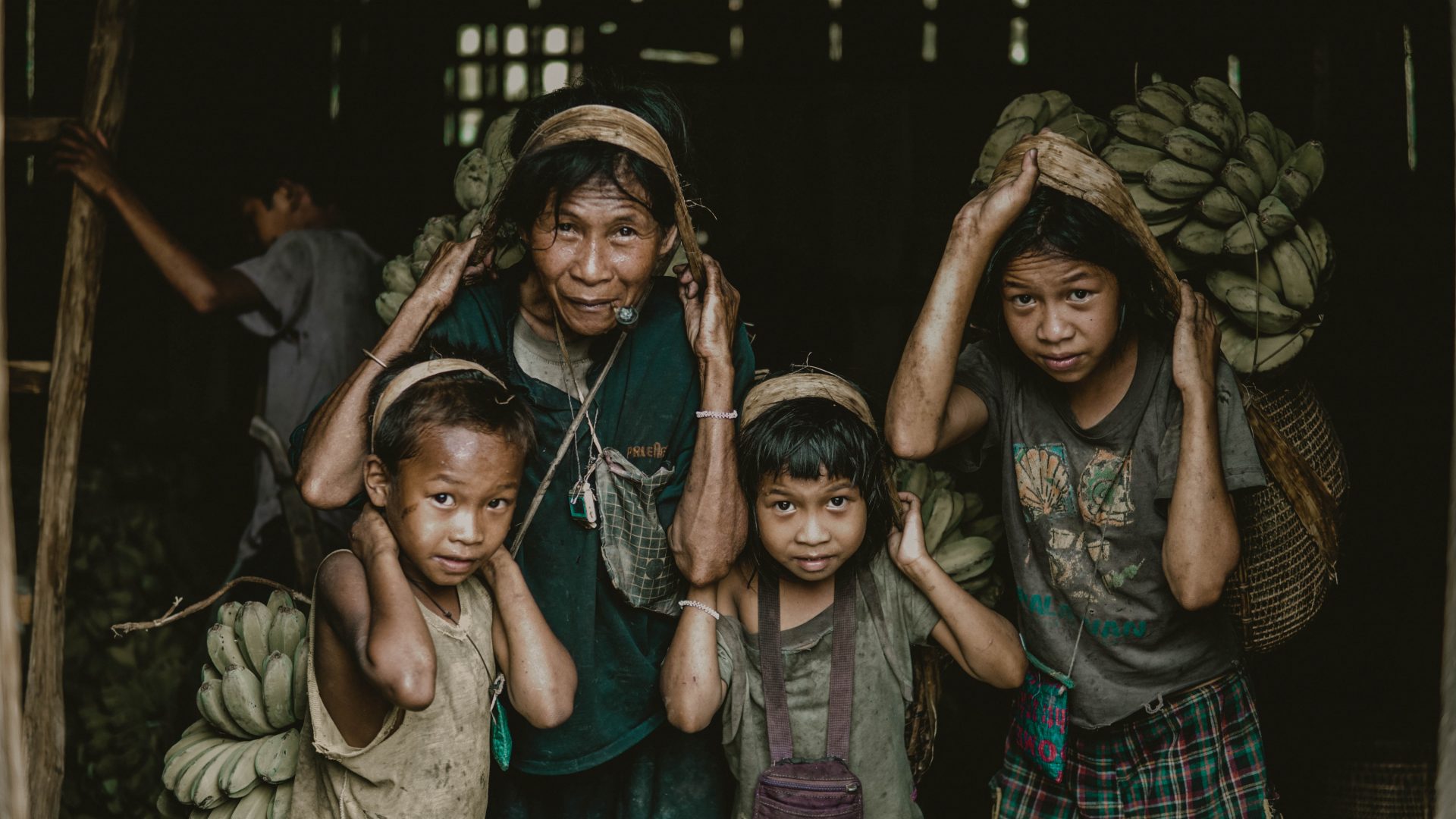- Women’s empowerment is associated with child nutritional status but this relationship varies across three different domains of empowerment
- Additional research is needed using rigorous and standardised methods
- The three domains covered in the paper include: control of resources and autonomy; social support; and workload and time.
Although evidence shows that women’s empowerment is generally associated with child anthropometry and that different domains affect children’s nutrition differently, findings are mixed and are yet to be systematically reviewed. There is a need for additional research using consistent concepts and indicators for women’s empowerment and rigorous and standardised methods for analysis and evaluation of the relationship of women’s empowerment to child nutritional status.

A mixed picture emerges regarding whether and how women’s empowerment is linked to child nutritional outcomes in South Asia. Some of the inconsistencies in findings between individual studies may be due to population or context‐specific factors; for instance, a broader location and larger age range may mask population heterogeneity and prevent identifying some associations that other, more focused studies find.
‘Control of resources and autonomy’ relates to women’s status in the household compared with other members in aspects such as control over income, access to resources, and decision‐making power.
However, the studies are limited, and the relationship is complex. Although involvement in social support networks or community activities may provide opportunities for women to gain knowledge and skills, some studies show that social obligations may be negatively associated with a child nutritional status. This is possibly due to trade‐offs in workload and time for childcare, and/or the poor quality of childcare substitutes.
The direct effect of ‘workload and time,’ which mostly focused on maternal employment outside the home, on child nutrition may be affected by trade‐offs between increased income (and control over income) and time for childcare, and by the quality of alternate childcare providers.
Funding should be directed to researching on the different levels of women’s autonomy, control and decision-making power, and how these impact child nutrition on a more global scale to confirm correlations so that effective policies and programmes can be implemented.
Given that younger children are more dependent on their mothers, they may be more likely to benefit from a mother who is empowered and able to take the right decisions regarding child feeding, care and health care seeking, which is consistent with the well‐documented window of opportunity for improving nutrition, i.e., during pregnancy and the first two years of a child’s life.

- Kenda Cunningham, Department of Population Health, Faculty of Epidemiology and Population Health, London School of Hygiene and Tropical Medicine, London, UK
- Marie Ruel, Poverty, Health, and Nutrition Division, International Food Policy Research Institute, Washington, DC, USA
- Elaine Ferguson, Department of Population Health, Faculty of Epidemiology and Population Health, London School of Hygiene and Tropical Medicine, London, UK
- Ricardo Uauy, Department of Population Health, Faculty of Epidemiology and Population Health, London School of Hygiene and Tropical Medicine, London, UK



